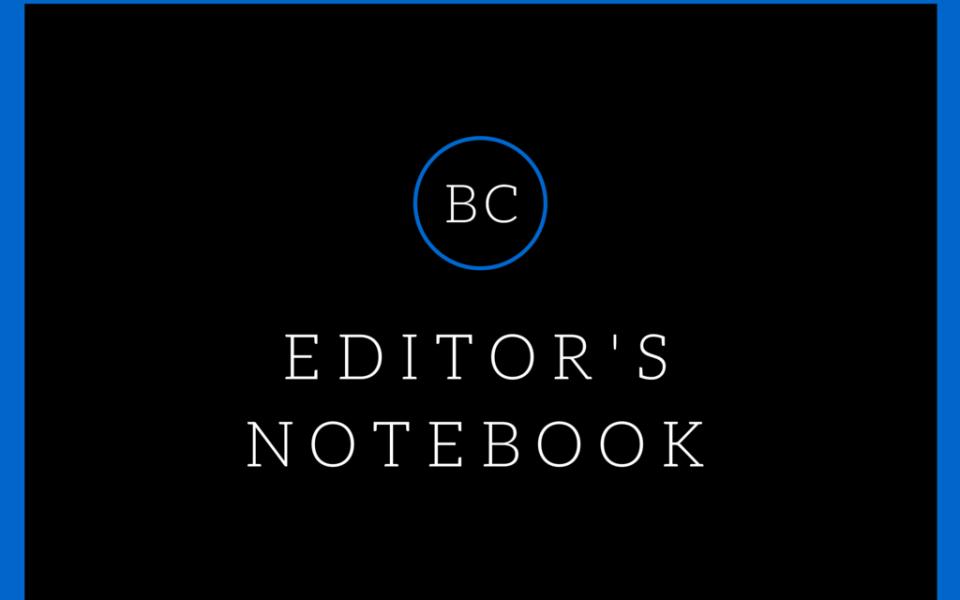
I thought the language barrier might be a problem.
In reading the dossiers prepared by coordinator Ray Kiszely, I learned that many of the dozen or so Ukrainian journalists headed to Greensboro for the Open World Delegates program don’t speak English. But I also learned that they were interested in investigative journalism, ferreting out corruption and speaking truth to power.
So I figured we’d get along fine.
We herded them into a classroom at the Nussbaum Center, and I showed them the tools of our trade: the network of public-information databases that provide the bedrock of much of our investigative work.
I showed them the voter registration database, property tax records, the North Carolina General Assembly website and the secretary of state’s list of corporations and who owns them, explaining through simple language, visual aids and a bit of pantomime that this is how we find out who owns what, whose campaigns they donate to and what kind of legislation gets passed as a result — you know, the putrid underbelly of the American Way.
They were astonished.
One explained to me that in the Ukraine, still in the ominous shadow of the Russian oligarchy, property records were available, but most of the rest of what I showed them would require bribes to government officials — illegal, of course, and carrying a potential sentence of 10 years in prison.
There is no First Amendment in the Ukraine, and though it has an enviable freedom of the press compared to other Eastern Bloc countries, but that still stand at 107 in the 2016 Reporters Without Borders World Press Freedom Index. By comparison, the United States is ranked No. 41.
No. 1, by the way, is Finland.
In laying out the blueprint for our American form of governmental corruption — which, by the way, is perfectly legal — I saw recognition in their eyes. They understood nepotism, corporate control, unequal protection under the law and unequal access to the machinery of government as well as anyone who’s ever carried around a reporter’s notebook.
What surprised them most — besides the fact that they could all purchase firearms at the pawn shop down the street if they wanted to — is that, in our country, no one tries to hide these things… or, at least, they don’t do it very well.
One young reporter asked a long question in Ukrainian, distilled down to a few words by the interpreter.
“He wants to know what happens when you report on these things,” he said. “And what happens when the American people find out who is in control of their government. How do they express their outrage at this corruption?”
I had to pause for a moment before I gave them the short answer.
“They don’t,” I said.
Join the First Amendment Society, a membership that goes directly to funding TCB‘s newsroom.
We believe that reporting can save the world.
The TCB First Amendment Society recognizes the vital role of a free, unfettered press with a bundling of local experiences designed to build community, and unique engagements with our newsroom that will help you understand, and shape, local journalism’s critical role in uplifting the people in our cities.
All revenue goes directly into the newsroom as reporters’ salaries and freelance commissions.


Leave a Reply